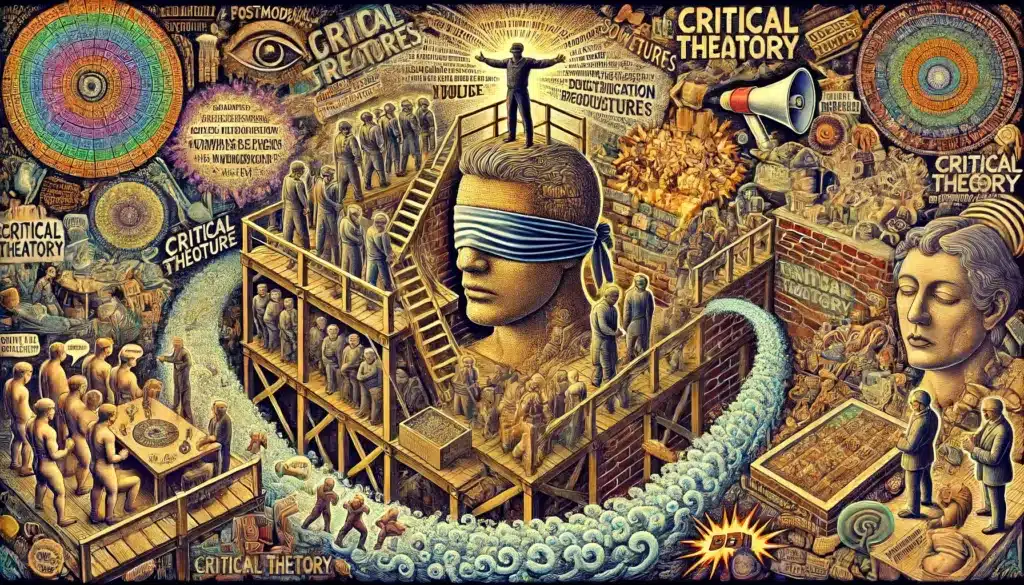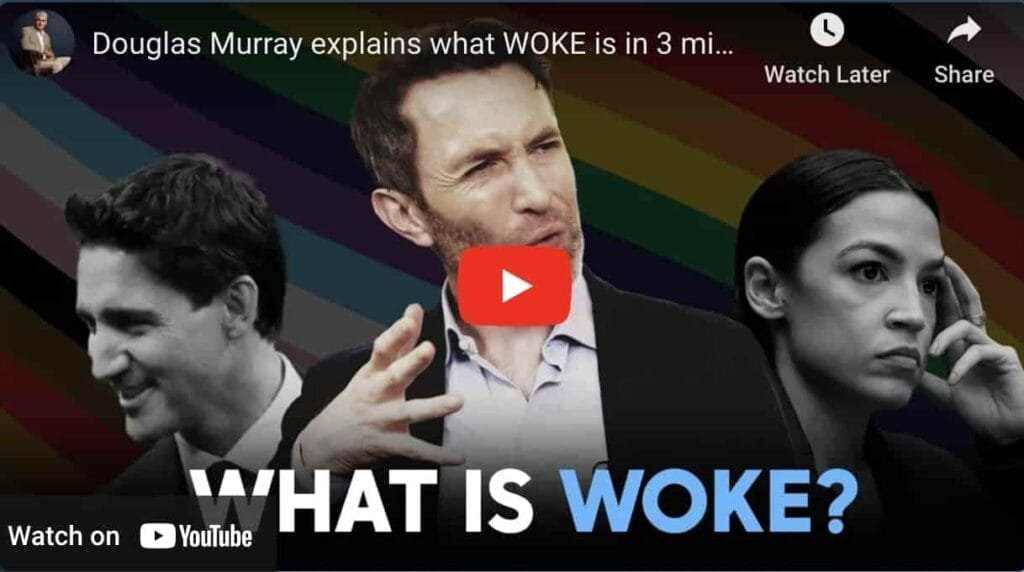What is “White Privilege” Supposed to Be?
Let’s get this out of the way: racism exists. Prejudice happens. Injustice is real. But does that mean every white person is walking around with a winning lottery ticket called white privilege?
That’s what the concept claims — that being white comes with a built-in set of unearned advantages in life. It’s a catchy idea. Sounds plausible. But let’s not switch off our critical thinking just yet. Because the way this concept is used today has far more to do with ideology than clarity
Let’s look at white privilege with a sceptical lens — because someone has to.
The Original Idea: Not Completely Mad
The term white privilege was popularised by Peggy McIntosh in the 1980s. Her famous list included things like being able to shop without being followed, seeing people of your race widely represented in media, or not being singled out by police.
Fair points. There are undeniably areas where people of colour face extra hurdles. And it’s fair to say that being white often means not facing those specific challenges. So far, so good.
But in recent years, the term has taken on a life of its own — and not in a good way.

From Insight to Inquisition
Today, white privilege is no longer an observation — it’s a moral label. A mark of guilt. A demand for constant self-awareness, apology, and public performance. It’s no longer about recognising inequality. It’s about assuming blame — simply for being white.
You’re not just lucky. You’re complicit. And the more you deny it, the worse it gets. This isn’t education. It’s ideology dressed up as enlightenment.
A One-Size-Fits-All View of Life
The most cynical part? White privilege treats all white people as one homogeneous group — as if they all grew up with the same opportunities, experiences, and safety nets.
Tell that to a white man in a poor estate who left school at 15. Tell that to someone who grew up with an abusive parent, or in foster care, or battling addiction. According to the theory, they’re still privileged — even if their life looks nothing like the stereotype.
It’s a tidy narrative. Too tidy. Real life doesn’t fit into a diversity workshop PowerPoint.
White Privilege as a Silencing Tool
One of the most toxic outcomes of the white privilege narrative is that it’s often used to shut people up. If a white person disagrees with a viewpoint? It’s because they’re blinded by their privilege. If they stay silent? They’re complicit. Speak up? Still wrong.
There’s no winning. The whole idea functions like a rhetorical trap — where your identity pre-determines the value of your voice. How is that progressive?
It’s hard to see how this helps anyone, except maybe those who enjoy the smug comfort of moral superiority.
Performative Guilt: The New Social Currency
Here’s the cynical bit: talking about white privilege isn’t really about changing systems anymore. It’s about social signalling. About showing you “get it.” About looking good in front of the right people.
Apologising for your privilege has become a kind of currency — especially in elite circles. The people shouting the loudest about white privilege often work in media, tech, or academia. It’s become a ritual of self-flagellation that earns you moral brownie points without changing a thing.
Meanwhile, working-class white people get told they’re the problem — and then wonder why they feel so alienated by it all.
It’s Not About Dismissing Racism — It’s About Questioning the Narrative
Let’s be clear. Racism is real. Prejudice should be called out. But the white privilege framework often fails because it’s lazy. It explains too much too simply. It treats people like labels, not individuals. It creates resentment instead of responsibility.
More importantly, it offers guilt, not action. It says “you benefit, so feel bad,” rather than “let’s build a fairer system for everyone.”
A Better Way Forward?
What if we stopped obsessing over skin colour and focused instead on policies, education, housing, healthcare — things that affect everyone, regardless of race? What if we helped people based on need, not based on ticking the right identity boxes?
Recognising inequality doesn’t mean forcing people into categories of shame. Maybe the way forward is through compassion, not compliance. Solutions, not slogans.
Is White Privilege a Useful Tool — or Just a Modern Dogma?
White privilege started as a way to talk about unseen social advantages. But today, it’s more often a blunt instrument for blame, division, and virtue-signalling.
If the goal is justice, we need honesty — not guilt rituals. Clarity — not slogans. And empathy that includes everyone, not just those who pass a political purity test.
So, is white privilege real? In some cases, yes. But is it the full story? Not even close.
Internal Link Ideas:
- Link to related articles on identity politics, social inequality, or critical race theory
Link Sources:


